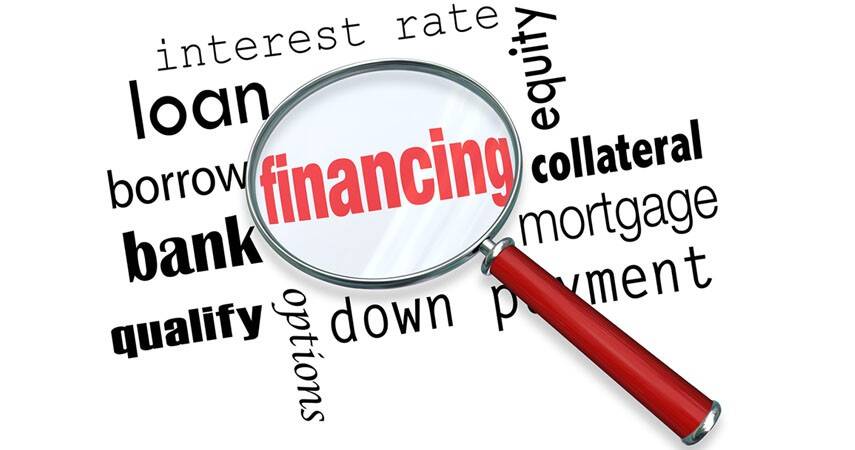We discuss it here:
1. The EMI factor:
Even if you have liquid cash to invest in the property, taking a higher loan will mean high monthly EMI for a long time. This might impact your financial position as a significant part of your monthly income will go to the EMI repayment. If the buyer is self employed, then the monthly income is not fixed, you might have to foreclose the loan and if you miss out on the EMIs you will be listed as a loan defaulter. In that case buying an affordable home is the best option. Less EMI will make the investment in other areas easier.
2. Hidden costs:
The cost of property includes all the cost for registration, parking, and service taxes. These are one time hidden costs which are often overlooked by the buyers. Apart from these, there are expenses such as property tax, minor maintenance charges, home insurance etc which are the responsibility of the buyer. They are to be paid every year.
Benefits of buying cheaper homes:
The benefits of cheaper homes in terms of financial arrangements are surplus.
1. The maintenance cost of the smaller homes is cheaper than the bigger homes. They are easier to maintain as well.
2. With some spare money to invest in other investment, areas is possible. If a buyer has a huge loan taken for a property the chances of investing in other potential investment area is very thin.
3. Higher saving for future use is a good result of investing in smaller homes.
Choosing which property to buy and invest in is a personal choice. But make sure before investing that the property has potential and will fetch a good return in future. Also, it should not be a huge financial burden on the buyer. The prices of properties are low at this time. It is a good time to invest in. the banks are giving out home loans at the lowest rates which make it even favourable for the buyers to invest in the property now.







